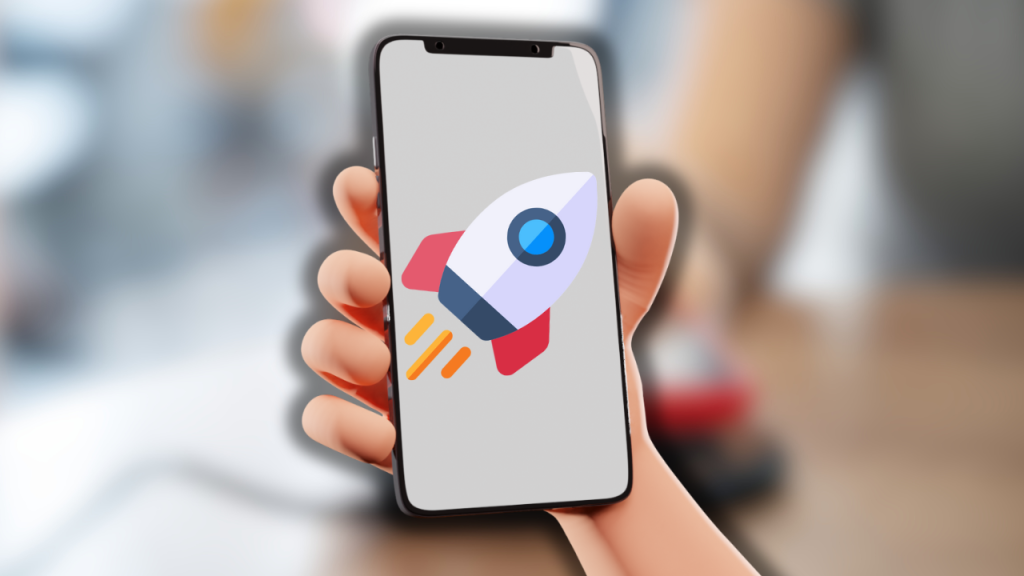In today’s hyper-connected world, free apps are everywhere. From social media platforms to fitness trackers, budgeting tools, and gaming apps, the allure of “free” is hard to resist. But have you ever stopped to wonder how these apps sustain themselves financially? The hard truth is, while you may not be paying with money, you might be paying with something far more valuable—your personal data.
This article dives deep into the hidden costs of free apps, how they handle your data, and what you can do to protect yourself. Let’s uncover the dark side of free apps.
The Hidden Business Model Behind Free Apps
When something is free, you are often the product. Free apps don’t rely on altruism or goodwill to operate—they need revenue just like any other business. But instead of charging you a subscription fee or one-time payment, many of them monetize your data.
Here’s how it works: apps collect data about your behavior, preferences, and interactions. This information is then sold to advertisers, data brokers, or other third parties who use it to refine their marketing efforts, develop new products, or even influence your decisions. The more data they collect, the more valuable it becomes.
What Kind of Data Are These Apps Collecting?
You might be surprised at just how much information free apps gather. It’s not just your name or email address—they often collect highly detailed and sensitive data, including:
- Location data: Many apps track your GPS coordinates, even when you’re not actively using them.
- Browsing habits: Apps and third-party trackers monitor your activity across websites and apps.
- Device information: Your IP address, device model, operating system, and even unique identifiers are logged.
- Personal preferences: Apps track what you like, watch, read, or buy.
- Microphone and camera access: Some apps request access to your microphone and camera, even when it’s unnecessary for their functionality.
While some of this data collection is disclosed in privacy policies (which most users don’t read), much of it remains opaque, leaving users unaware of how exposed they truly are.
Why Should You Be Concerned?
It might seem harmless at first—after all, what’s the big deal if companies use your data to target better ads? Unfortunately, there’s more at stake than just personalized marketing.
1. Loss of Privacy
Your personal data paints a highly detailed picture of your life. From your daily routines to your political beliefs, financial habits, and health conditions, free apps can collect and potentially expose sensitive information about you. This level of surveillance erodes your privacy, leaving you vulnerable to exploitation.
2. Data Breaches
Once your data is collected, it’s stored on servers that may not always be secure. Data breaches are becoming increasingly common, and when they happen, your personal information can end up on the dark web or in the hands of cybercriminals.
3. Manipulation and Exploitation
Companies that buy your data can use it to manipulate your behavior. For example, highly targeted ads can nudge you toward unnecessary purchases, or political campaigns can use your data to influence your opinions and voting decisions.
4. Discrimination
In some cases, data collected by apps has been used to discriminate against individuals. For example, certain data points could be used to deny you a loan, insurance, or even a job without your knowledge.
Examples of Free Apps That Have Been Caught Selling Data
Several popular apps have faced backlash for questionable data practices:
- Facebook: The Cambridge Analytica scandal revealed how Facebook allowed third-party apps to harvest user data, which was then used to influence political campaigns.
- TikTok: Concerns have been raised about TikTok’s data collection practices, particularly regarding its ties to China and how user data could be accessed by foreign governments.
- Weather Apps: Some weather apps have been caught selling location data to advertisers without informing users.
These high-profile cases are just the tip of the iceberg. Thousands of smaller, lesser-known apps engage in similar practices, often without facing scrutiny.
How to Protect Yourself
While it may feel like your data is completely out of your control, there are steps you can take to safeguard your privacy and minimize the risks:
1. Read Privacy Policies (or Summaries)
Before downloading an app, take a few minutes to review its privacy policy. Look for red flags like excessive data collection, sharing with third parties, or vague terms about how your data will be used.
2. Limit Permissions
Be mindful of the permissions you grant to apps. If a flashlight app is asking for access to your location or microphone, that’s a major red flag. Only enable permissions that are absolutely necessary for the app to function.
3. Use Alternatives
Whenever possible, choose paid apps or open-source alternatives that prioritize user privacy. Paying a small fee upfront can be a worthwhile investment in protecting your data.
4. Adjust Settings
Take advantage of privacy settings on your device. For example, you can disable location tracking for specific apps, limit ad tracking, and manage app permissions through your phone’s settings.
5. Use Privacy Tools
Consider using tools like VPNs, ad blockers, and privacy-focused browsers to limit data tracking and protect your online activity.
The Bigger Picture: Advocating for Change
Individual actions are essential, but long-term change requires systemic reform. Governments and regulatory bodies need to enforce stricter data protection laws and hold companies accountable for unethical practices. The General Data Protection Regulation (GDPR) in Europe and the California Consumer Privacy Act (CCPA) are steps in the right direction, but more needs to be done globally.
As consumers, we also have the power to demand better. By choosing apps and companies that respect our privacy, we can shift the market toward more ethical practices.
Final Thoughts: Is Free Really Free?
The next time you download a free app, remember that “free” often comes with strings attached. While these apps may not charge you money, they could be collecting and selling your data without your full knowledge or consent. By staying informed and taking proactive steps to protect your privacy, you can enjoy the benefits of technology without sacrificing your personal information.
Your data is valuable—don’t give it away for free.

